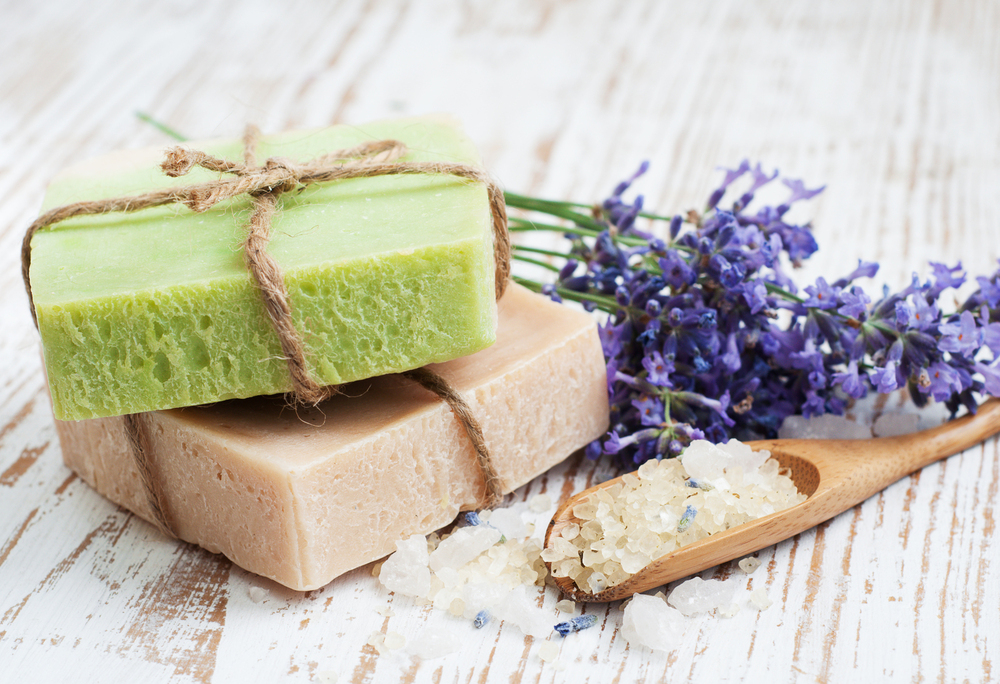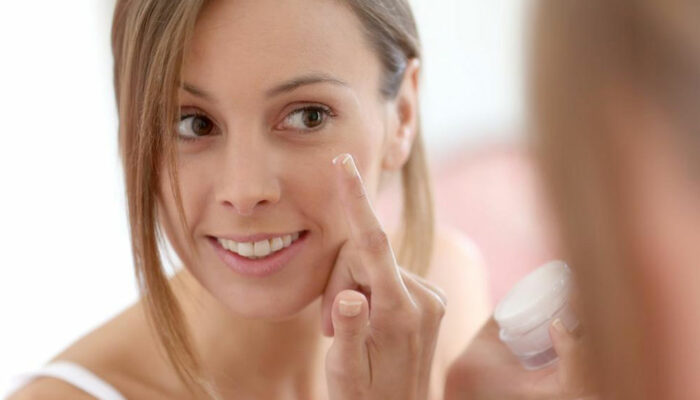
Soaps That Can Trigger Eczema
Eczema in children can be especially heartbreaking. Sometimes parents feel powerless when it comes to them experiencing symptoms of eczema. In most cases, this is due to the fact that no matter how hard they try, their child still suffers from various bouts of eczema outbreaks. What most parents are unaware of, is the fact that a wide variety of different types of soaps can trigger eczema outbreaks.
Let’s take a look at soaps that can trigger eczema:
1. Methylisothiazolinone and methylchloroisothiazolinone
MI and MCI are preservatives that are used in soaps to extend its shelf life. Unfortunately, they don’t do much to preserve the health of skin. These types of ingredients are commonly found in children’s products such as lotion and soaps. They do an effective job of deterring fungal growth on the skin, but they can trigger eczema outbreaks. Some of the common side effects patients experience after being exposed to MCI and MI include: redness, itchiness and flaking.
2. Propylene Glycol
Propylene Glycol was actually named the allergen of the year in 2018, by the American Contact Dermatitis Society. It is commonly found in medications, food, skincare products and surprisingly, eczema treatment solutions. This is because it functions as an effective emulsifier. But, it can be especially harmful to individuals with sensitive skin. As such, if you or your family member have been prescribed an eczema treatment solution, check to see if it contains Propylene Glycol.
3. Fragrance soaps
Everyone loves the idea of getting a scented soap. Not only do they help to remove dirt and grime, they leave the body smelling distinctively fresh. As such, most people eventually develop an obsession with a particular scented brand of soap such as Irish Spring. But, statistics indicate that up to 20% of patients develop a fragrance allergy. In fact, scented soaps are responsible for 40% of all allergic reactions related to the use of cosmetics. As a result of this, the National Eczema Association removed scented soaps from its Seal of Acceptance program.
4. Cocamidopropyl betaine
Coconut oil is often touted as being a healthier type of oil due to the fact that it is rich in antioxidants and it has anti-inflammatory properties. Cocamidopropyl Betaine is a derivative of coconut oil that’s used as a foaming agent in hygiene products such as bath gels, liquid soaps and facial cleansers. Even though it is relatively gentle on the skin, it can cause people with sensitive skin to experience redness and flaking around the hands, mouth, scalp and eyes.
5. Botanical Oil
Botanical oil based soaps actually fall under the category of scented soaps. While they are usually touted as being all natural, which portrays the false illusion of being safe, they are far from being safe as far as eczema goes. In fact, doctors suggest that botanical oil based soaps are actually more harmful than their chemical counterparts. This is because they can actually make the skin even more sensitive, even in people who do not have sensitive skin. Some of the main culprits include: vanilla oil, almond oil and rose oil.
6. Antibacterial soaps
Antibacterial soaps are ideal for people who work in hazardous environments such as the garbage center and for people who experience wounds on occasion. But, they are horrible for people with eczema. Patients have reported various symptoms after using antibacterial soaps such as flaking, itching and increased sensitivity.



